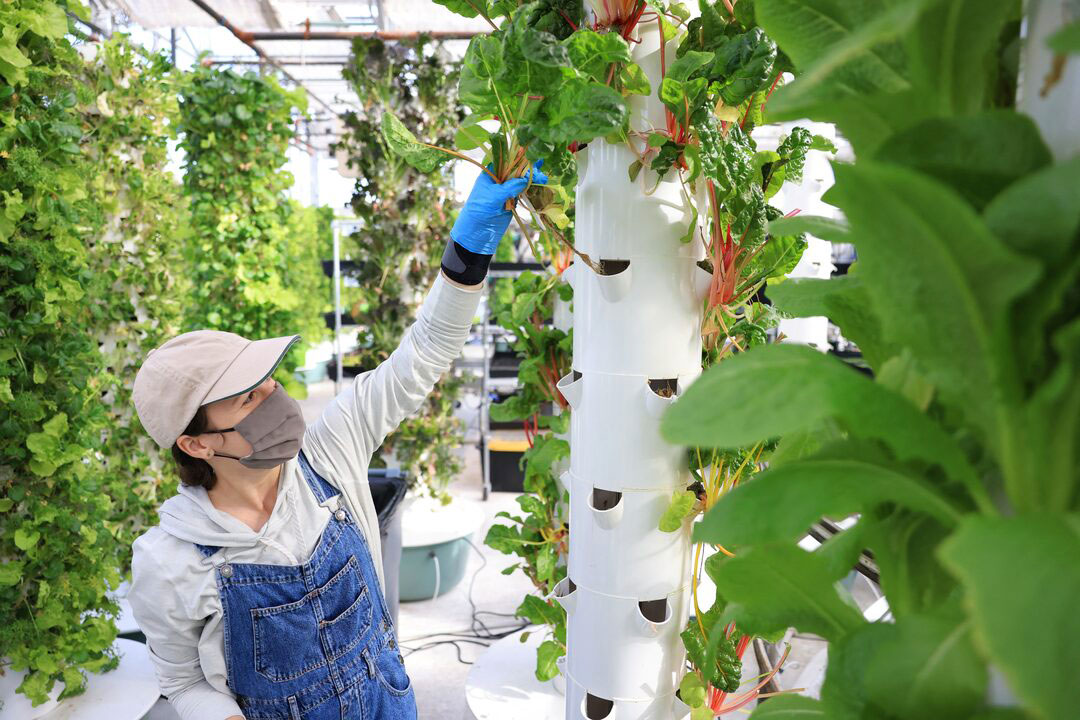Greenhouses for high-value crops to be built via tie-up with SKorea

THE Bureau of Plant Industry (BPI) said that it is planning to expand its greenhouse network for high-value crops through a tie-up with the Korea Partnership for Innovation of Agriculture (KOPIA).
“We are trying to expand it further in terms of numbers and in areas covered, hopefully in areas where there are BPI centers,” BPI Director Gerald Glenn F. Panganiban said on the sidelines of a KOPIA event last week.
He added that the BPI was evaluating potential sites in Baguio, Davao, Guimaras, Los Baños, Laguna and La Granja, Negros Occidental, with building to start next year or in 2026.
KOPIA Philippine Center has two pilot greenhouse projects in Laguna, Quezon province, and Nueva Ecija.
Lee Kyu-seong, director of KOPIA Philippine Center, said that it is planning to scale up its pilot projects starting in 2026.
“(We) are also trying to find other projects (like) transferring our technology to communities here in the Philippines.
KOPIA and the BPI have agreed to expand the pilot project to about 10 sites near BPI centers.
“The vision is to have shared facilities that could be used by farmers, similar to what we did with KOPIA,” Mr. Panganiban added.
He said that the BPI will also partnering with private parties to take up the products produced in the greenhouses.
Separately, Agriculture Undersecretary Jerome V. Oliveros said that KOPIA’s pilot farms have reported superior yields compared with open farming methods.
“The yields are very high, more than about 30% compared to normal methods,” Mr. Oliveros added.
KOPIA is an official development assistance program of the Rural Development Administration, which is South Korea’s largest agricultural research and development organization. — Adrian H. Halili



